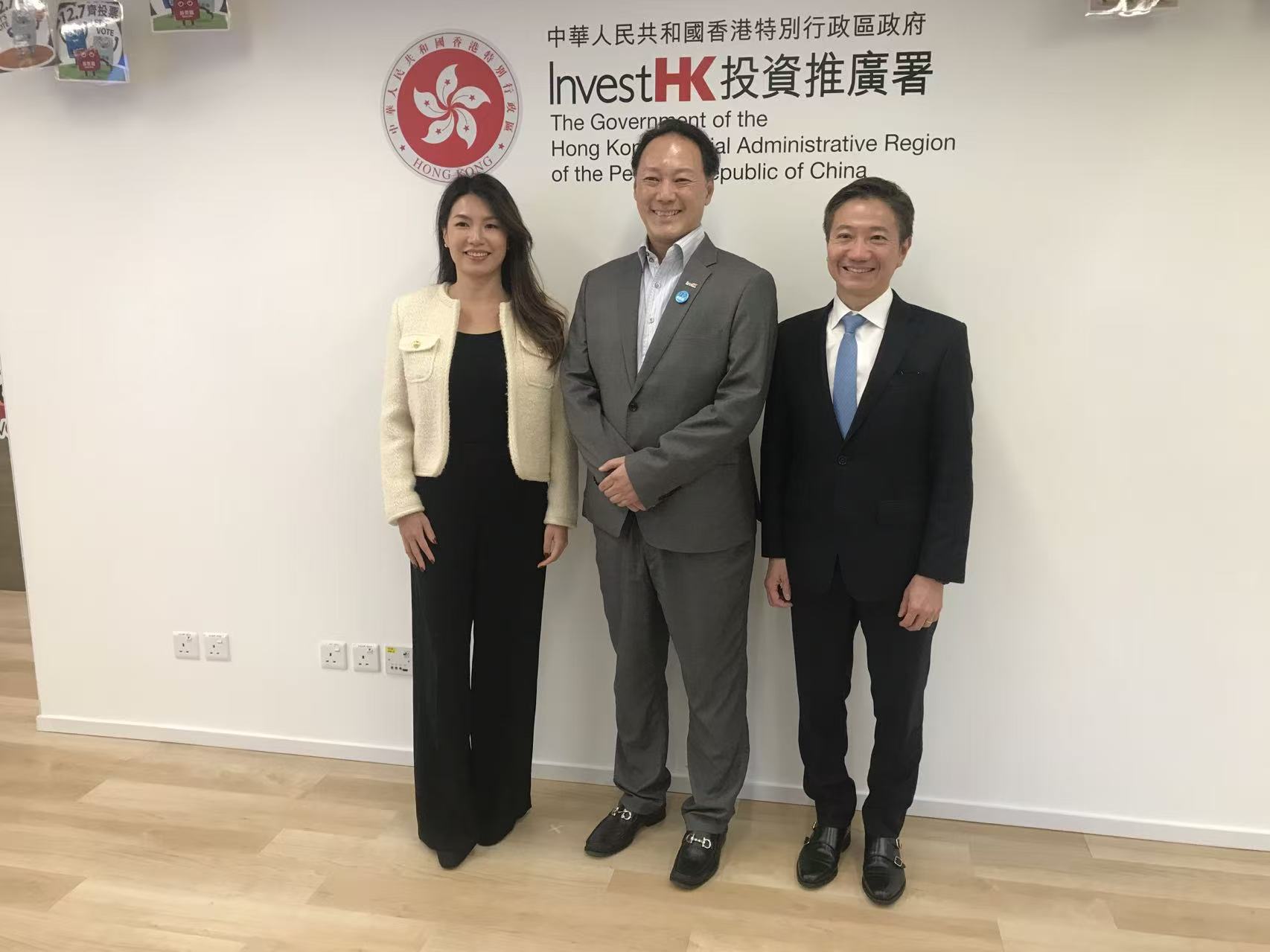
Tokenization, blockchain, digital assets, and other fintech applications are set to transform the Hong Kong Special Administrative Region’s financial infrastructure, opening up new opportunities for global business growth, according to industry experts.
In mid-November, Standard Chartered Bank (Hong Kong), the Hong Kong arm of the global banking giant Standard Chartered PLC, announced the successful completion of a real-value transaction involving tokenized deposits from Bank of China (Hong Kong). This transaction helped Futu Securities International (Hong Kong) subscribe to mainland-based asset manager China Asset Management (Hong Kong)’s tokenized money market fund, by capitalizing on the bank’s proprietary platform Libeara.
The transaction is part of EnsembleTX, the pilot phase of Project Ensemble launched by the Hong Kong Monetary Authority to develop a comprehensive tokenization ecosystem in the city.
Since its launch in March 2024, Standard Chartered Bank (Hong Kong) has actively participated in Project Ensemble. The bank has tested use cases across all four main streams of the relevant sandbox, and is named as one of the first banks to participate in tokenized deposits within EnsembleTX.
Representatives from InvestHK, Standard Chartered Bank (Hong Kong), and China Asset Management (Hong Kong) shared their insights on fintech development in Hong Kong.
Anthony Lin, Standard Chartered Bank’s global head of market management and transaction banking, described this as a new milestone, adding that the interbank tokenized deposit transaction paves the way for channeling tokenized deposits into tokenized assets. Once these processes become standardized, they will attract more participants to the ecosystem and push market development forward.
With features such as fractionalization and asset democratization, tokenized transactions enhance capital efficiency. “We expect inclusive finance will be the next possible use case scenario of tokenized deposits”, said Katie He, executive director and head of Product and Strategy at China Asset Management (Hong Kong), the Hong Kong subsidiary of one of the Chinese mainland’s largest fund managers. The fund manager has launched three tokenized money market funds denominated in Hong Kong dollars, US dollars, and renminbi.
Lin, who is also the regional managing director at Standard Chartered Bank (Hong Kong), said the acceleration of pure interbank transfers of tokenized deposits will depend on market demand. Lin said he believes that this new tokenization technology will also boost demand for financial services.
Industry leaders agree that a corporate treasury center will be among the earliest adopters of tokenization. By pooling or fractionalizing cash holdings, tokenized deposits raise the efficiency of corporate treasury activities and generate higher returns for corporations.
As more mainland State-owned enterprises consider channeling their huge cash stockpiles into Hong Kong’s financial system, this will create new opportunities in foreign exchange, financial products, risk management, and capital market financing, Lin said.
Tokenization has the potential to further develop Hong Kong’s corporate treasury sector, he added.
King Leung Hong-king, global head of financial services, fintech and sustainability at InvestHK, concurred. He said successful use cases involving tokenized deposits and assets can attract more Asia-Pacific companies to establish their corporate treasury centers in Hong Kong.
Leung added that if Hong Kong develops its own standard for cross-border tokenization transactions, other Asian countries may follow suit, further strengthening the city’s leadership position.
Another promising application of tokenization is the issuance of digital green bonds. In mid-November, the HKSAR government announced its third batch of tokenized green bonds, totaling HK$10 billion ($1.28 billion), denominated in Hong Kong dollars, renminbi, US dollars and euros under the government’s sustainable bond program.
This issuance also marks the world’s first digital bond offering that integrates tokenized central bank digital currencies, such as e-CNY (digital yuan) and e-HKD (digital Hong Kong dollar), in the settlement process.
Leung said that investors are keen to participate in tokenized green bond issuance, viewing these investments as embracing sustainability and innovation.
Contanct the writer at oswald@chinadailyhk.com


